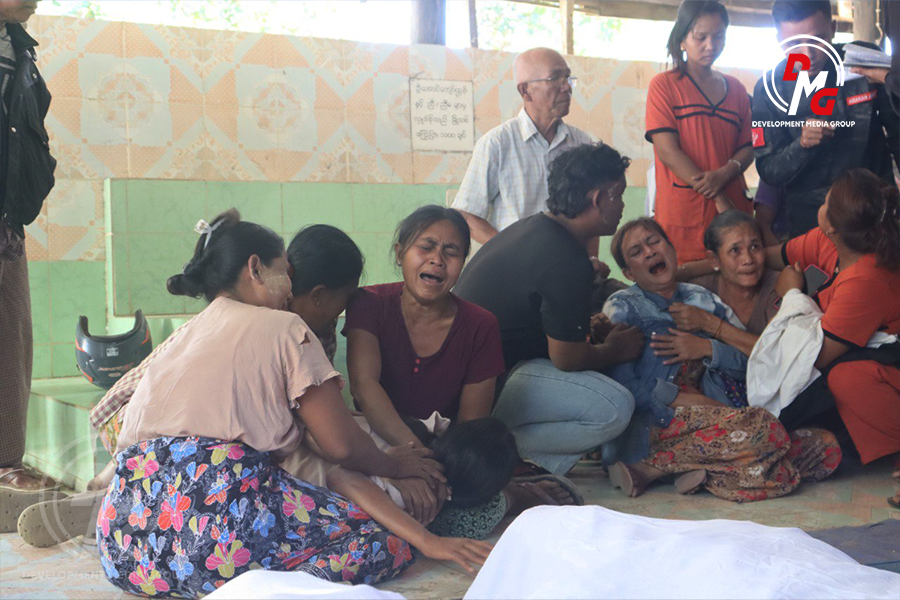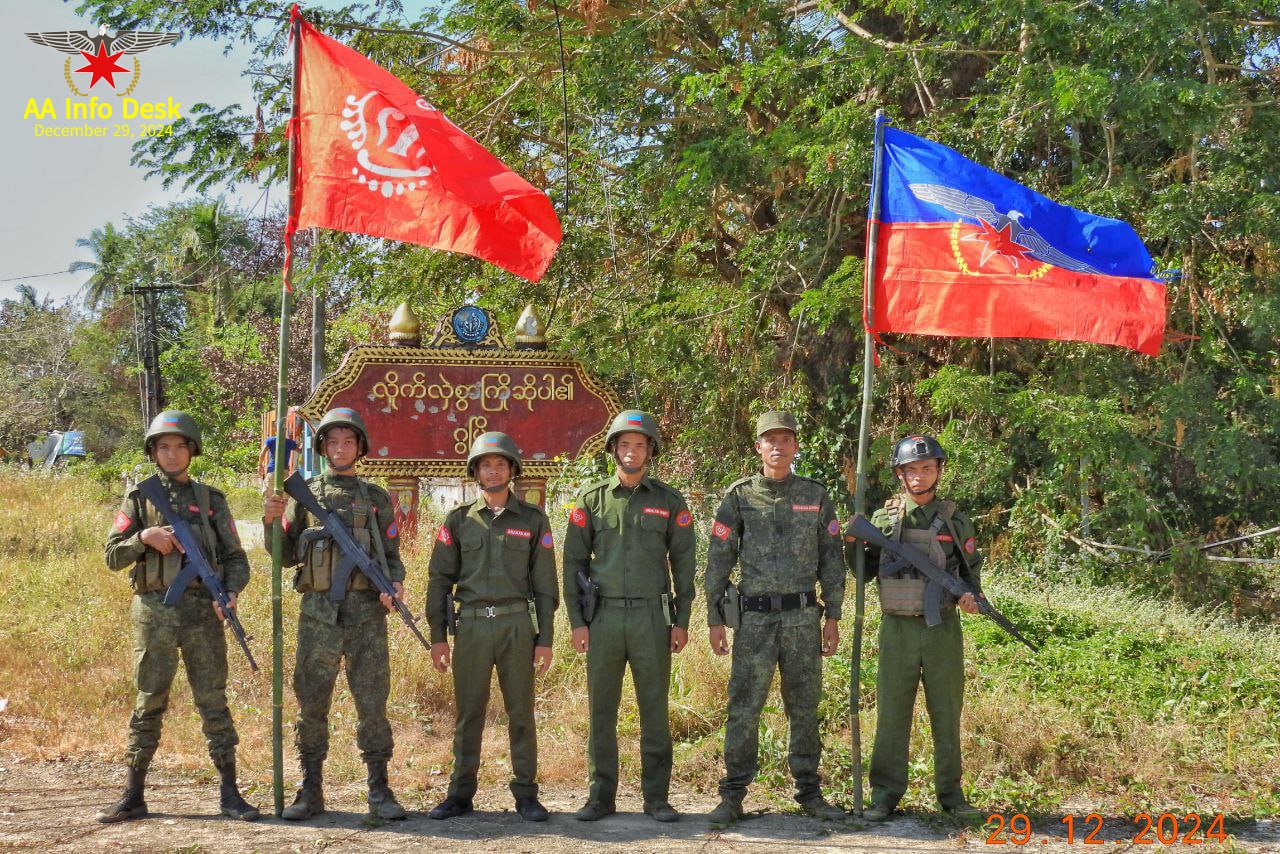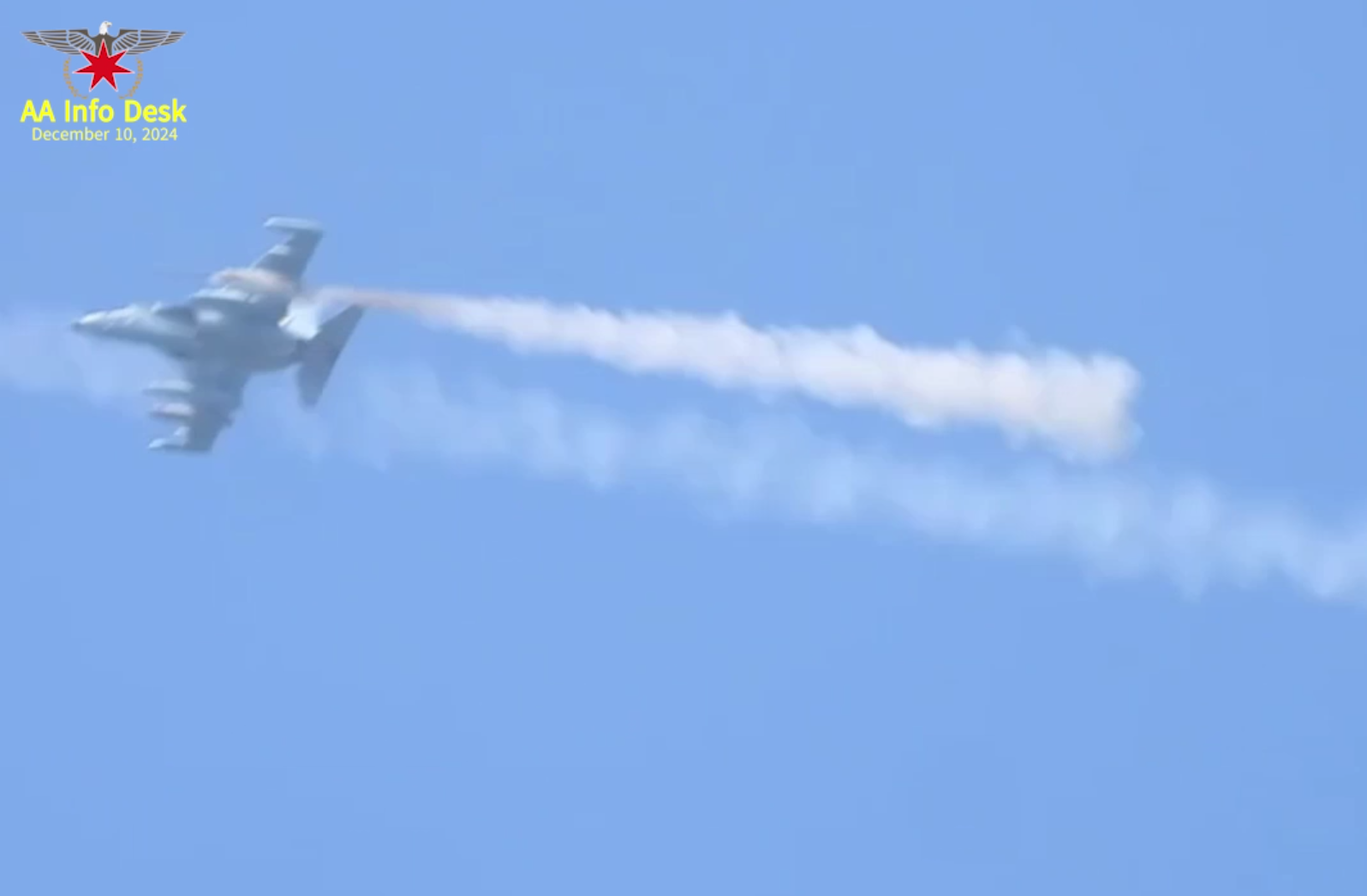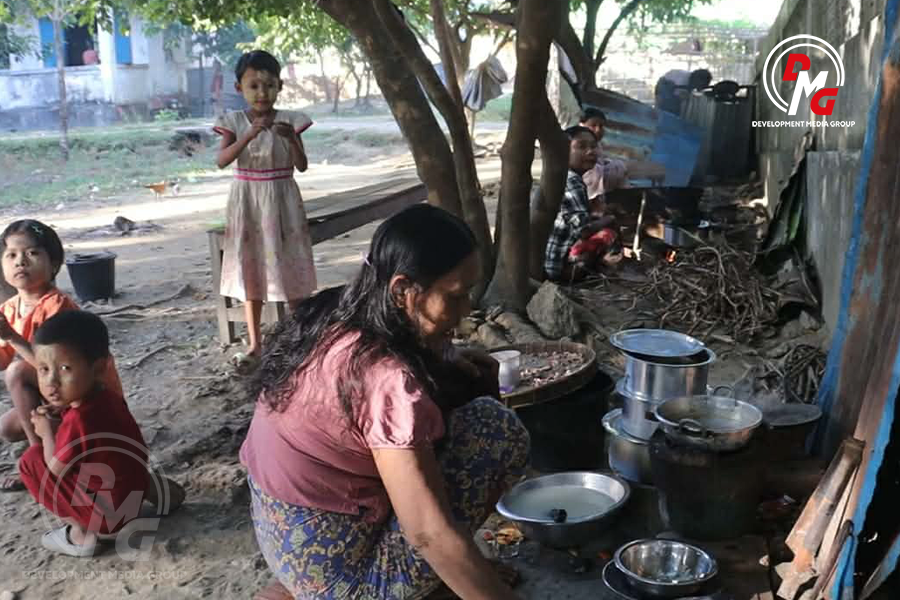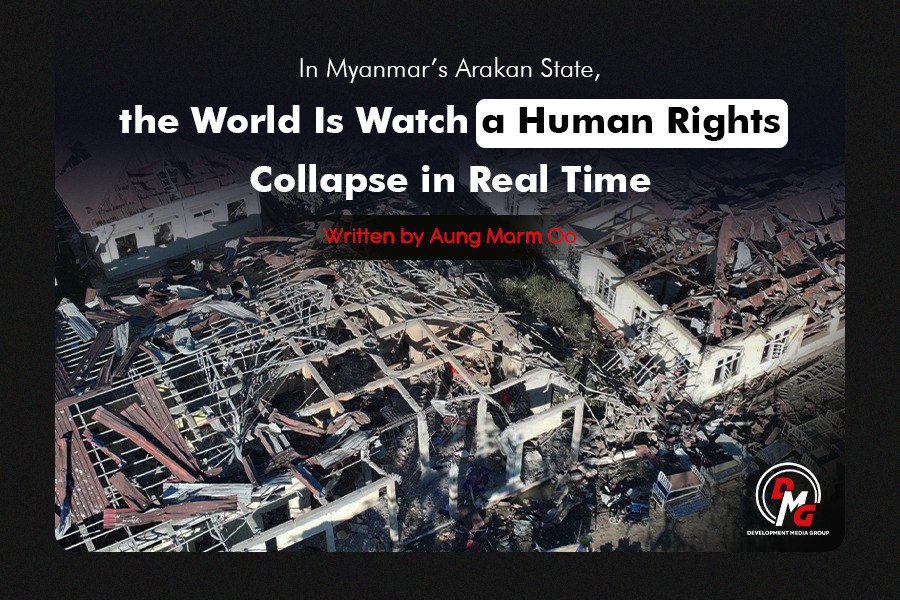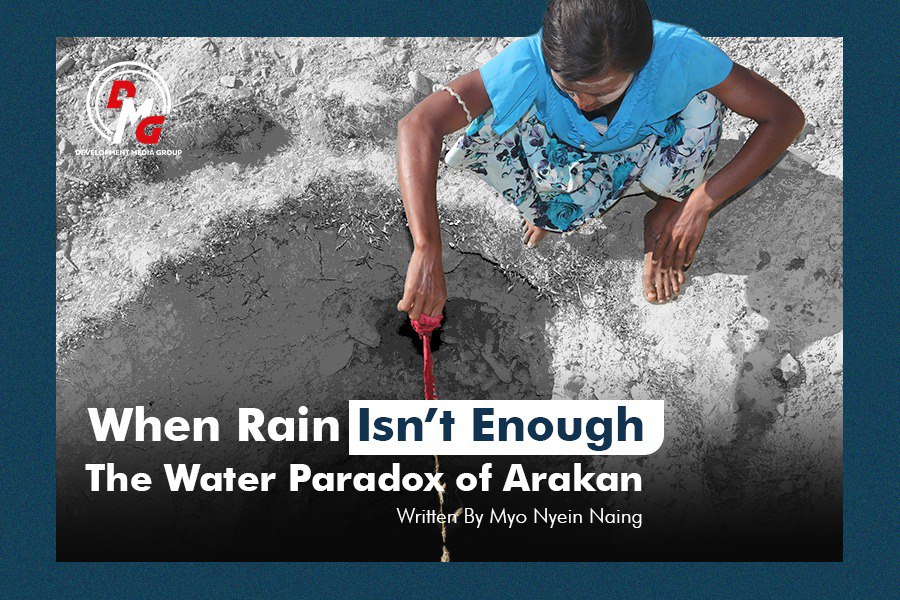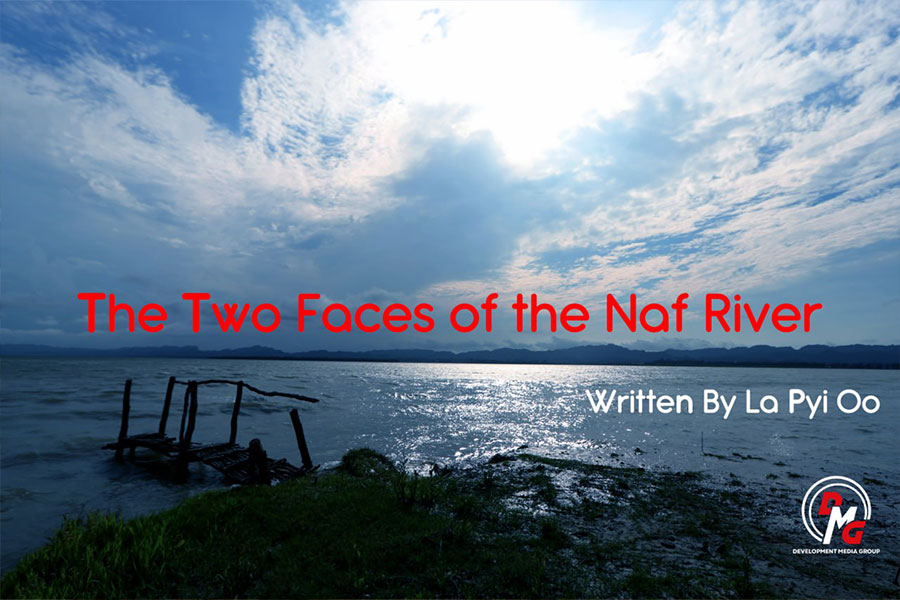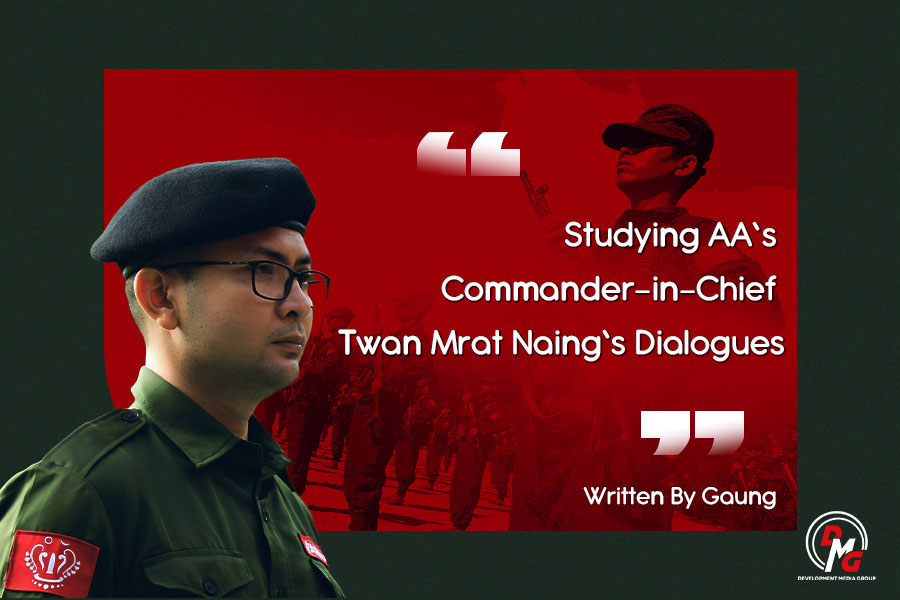- Junta unable to hold elections in dozens of wards and village-tracts in Sittwe, Kyaukphyu
- Fighting escalates between Myanmar military, Arakan Army in Ayeyarwady Region
- Regime steps up civilian arrests in Sittwe
- ULA safeguards Mrauk-U's ancient heritage
- Arakan on the Edge: What the DMG Landmine Impact Report Reveals About Myanmar's Deepening Humanitarian Crisis
Major ethnic armies reject junta chief’s peace talks offer as deadline to register arrives
At least six ethnic armed organisations (EAOs) have officially rejected the peace dialogue proposed by junta chief Senior-General Min Aung Hlaing, who last month invited EAO leaders for talks to end Myanmar’s long-running civil war.
09 May 2022
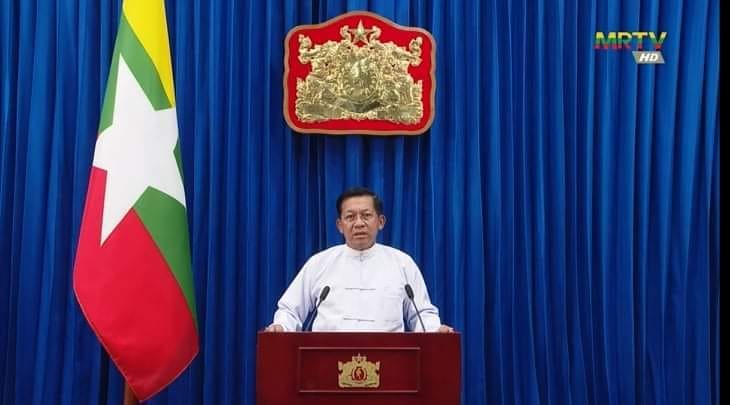
DMG Newsroom
9 May 2022, Sittwe
At least six ethnic armed organisations (EAOs) have officially rejected the peace dialogue proposed by junta chief Senior-General Min Aung Hlaing, who last month invited EAO leaders for talks to end Myanmar’s long-running civil war.
Among the EAOs that have formally declined to attend the peace talks are four signatories to the Nationwide Ceasefire Agreement (NCA) — the Karen National Union (KNU), Chin National Front (CNF), Lahu Democratic Union (LDU) and All Burma Students’ Democratic Front (ABSDF) — and two non-signatories, the Kachin Independence Army (KIA) and the Karenni Army.
The KNU and KIA decisions not to join are seen as particularly damaging to the junta’s peace talks prospects, as they represent two of the country’s largest and most influential EAOs, from the NCA signatory and non-signatory camps, respectively. Furthermore, the two ethnic armed groups have been fighting alongside the relatively new anti-regime People’s Defence Forces (PDFs) against junta troops across large parts of Myanmar’s north, east and south since the coup on February 1, 2021.
The Ta’ang National Liberation Army (TNLA), meanwhile, has told media that it would not attend the talks individually, unless the Federal Political Negotiation and Consultative Committee (FPNCC) of which it is a member collectively joins the peace dialogue.
The Kachin Independence Organization, the political wing of the KIA, released a statement on May 5 saying it would not join the talks because the regime did not invite all the stakeholders that should be present at the talks.
“We would join the talks only when all the stakeholders that should be present at the talks are invited and the country’s affairs can be discussed on equal terms,” said the KIO statement.
On Sunday, the ABSDF said it would not attend the junta’s peace talks either, citing the junta’s limitation on participants.
The regime’s invitation to peace talks excludes Myanmar’s shadow National Unity Government (NUG) and its affiliated PDFs. In the post-coup political landscape, many people in Myanmar view the NUG as their legitimate government, and the PDF operates with contributions from Myanmar people both at home and abroad.
Min Aung Hlaing invited EAO leaders to his peace confab on April 22, instructing them to register for the talks by May 9.
In an interview on Monday, Arakan Army (AA) spokesman U Khaing Thukha told the BBC that the Arakanese ethnic armed group is keeping an eye on the status of the regime’s peace talks offer because junta troops are creating various problems for villagers and restricting commodity flows in Arakan State.
“Those acts undermine trust-building between the two sides. Those acts are hostile, and thus obstruct further talks. So, we will wait and see,” he told the BBC.
The two other members of the Northern Alliance — the TNLA and the Myanmar National Democratic Alliance Army — share the same view as the AA, said U Khaing Thukha.
Five other NCA signatories — the Democratic Karen Benevolent Army; KNU/KNLA – Peace Council; Pa-O National Liberation Organization; New Mon State Party; and Arakan Liberation Party — have reportedly said they would attend the talks.
The National Democratic Alliance Army, which is a member of the FPNCC, said it would attend the talks individually.
At a press conference on April 27, regime spokesman Major-General Zaw Min Tun said 17 EAOs were likely to attend the peace talks.
Min Aung Hlaing’s call for face-to-face talks with EAO leaders came after more than a year of clashes with anti-regime resistance forces, many of which were created in the aftermath of the 2021 coup.





